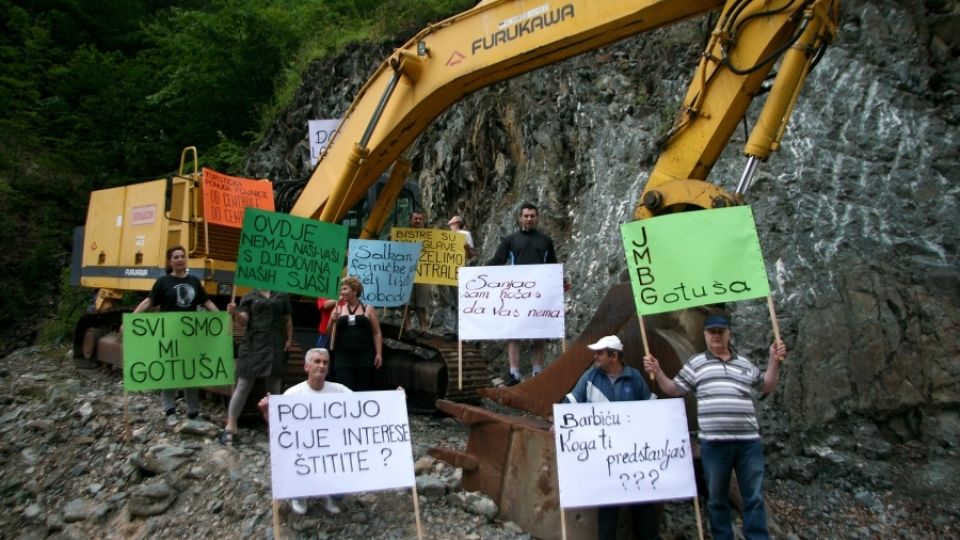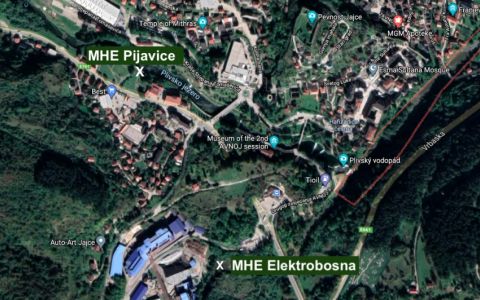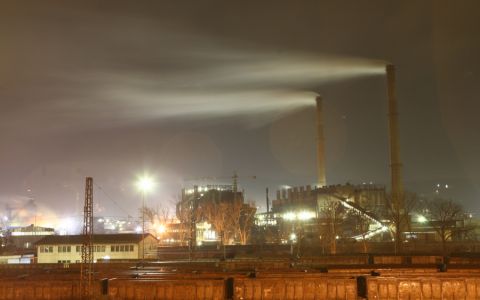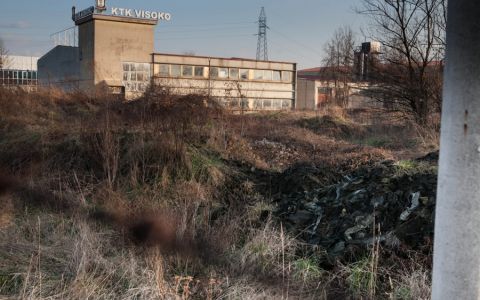What can you do when your state fails? This is a question the people in Bosnia and Herzegovina living on the banks of the Željeznica River struggled to answer. They decided to actively fight the construction of two hydropower plants for an unimaginable 325 days. They decided to fight the construction of the plants which were utilizing flawed permits; the locals organized themselves and halted progress by blocking the machinery at the construction site. Even though the state court later declared that the construction was indeed illegal, the local participants in the blockade were sued and massively fined.
Fojnica is a town and municipality in central Bosnia and Herzegovina, Sarajevo. The Željeznica, a fast-moving mountain river with crystal clear water, flows through the region from south to north. In 2009, the villagers living alongside the river discovered that there were plans to build two small hydropower plants which would cause significant changes to the flow and water quality of the river-- something that the locals refused to watch happen.
"Our fight against hydropower plants on the River Željeznica has lasted for almost ten years."
Robert Oroz from Gotuša organization
Concerned for the local environment and for the river, which is a valuable source of drinkable water, the locals had no choice but to physically block the construction machinery. In 2009, local citizens spent three months at the site to prevent the construction trucks and excavators from entering the riverbed. They used private cars to create traffic jams and benches to block the roads, and they even stood up against the machines themselves. The second, and greatest, battle took place between 2012 and 2013. During this time, the people of Fojnica kept watch over the site for 325 days and nights.
Court: both hydropower plants are illegal
As a result, the company filed a lawsuit claiming trespass and demanded that activists pay the cost of legal proceedings. Both the first instance and the appeal were held in 2016. The citizens' actions consisted of trespassing for which they were issued fines totalling BAM 6,500 (roughly € 3250).
During the court proceedings, the activists claimed that the company had no authority to build the hydropower plants. In a related court case, the construction permits were cancelled which made the intended projects illegal.
The fight finally over after more than ten years
The construction of Luke 1 and Luke 2 hydropower plants never started. Finally, in 2018 the concessions for both hydropower plants expired, and the investor never asked for their renewal.
This case shows that there are activists in the Balkans who are willing to go to great lengths and endanger their well-being in order to protect the environment. Nevertheless, their actions did not result in protection from institutions which tend to favour the other party's interests. On the other hand, the direct action was successful - the investor abandoned his plan, and the river remains free from the controversial hydropower plants.
"This should be a lesson and a message for everyone to finally understand that our common interest is, above all, conservation of the environment, as opposed to the desire of greedy individuals to capitalize natural resources for the sake of their own wealth, regardless of the consequences for the local population."
Robert Oroz from Gotuša organization
The politicians are selling the country overnight
The "Fojnica case" is just one chapter of a long story about the Balkan wild rivers vanishing. Since 2002, hundreds of concessions for the construction of hydropower plants have been granted in Bosnia and Herzegovina. A country with countless natural wild rivers is experiencing a hydropower plant boom and all of the associated consequences. "In 2006, the government issued 112 concessions overnight. Now, our politicians are using this precedent as an example," Jelena Ivanic from Center for Environment explains.







